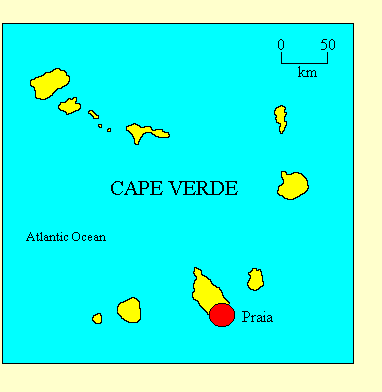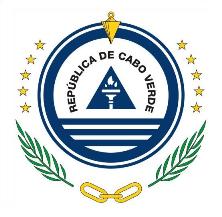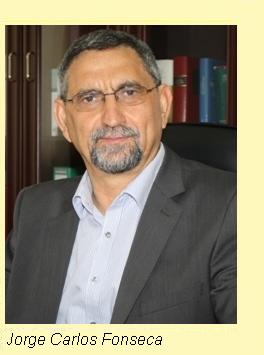

REPUBLIC OF CAPE VERDE
• Official name: Republic of Cape Verde (Republica de Cabo Verde)
• Location: West Africa
• International organisations: African, Caribbean and Pacific Group of States, African Union, Non-Aligned
Movement, United Nations, World Trade Organisation
• Borders: None
• Coastline: Atlantic Ocean
• Land area: 4,033 Km2
• Population: 500,000
• Annual GDP (PPP) per capita: US$3,400 (2009 CIA estimate). World ranking: 131
• Ethnicity: Three-quarters of the population are Crioulo (mixed Portuguese and West
African descent). Most of the remainder are of entirely African descent.
• Languages: Portuguese is the official language and the language of government and
business. Most of the population speak a Portuguese creole called Criuolo or
Caboverdiano.
• Religion: Most of the population are at least nominally Catholic Christian, but
many also follow indigenous beliefs.
• Form of government: Presidential democratic republic. Cape Verde is divided into
17 districts.
• Capital: Praia
• Constitution: The Constitution of the Republic of Cape Verde came
into effect on 25 September 1992.
• Head of state: The President, elected for a five-year term by direct universal suffrage.
• Head of government: The President, who appoints the Cabinet.
• Legislature: Cape Verde has a unicameral legislature, the
National Assembly (Asembleia Nacional), which has
72 members elected for five-year terms by proportional representation.
• Electoral authority: The National Commission for Elections conducts national elections.
• Freedom House 2011 rating: Political Rights 1, Civil Liberties 1

• Transparency International Corruption Index: 51% (45 of 178 countries rated)
• Reporters Without Borders Press Freedom 2010 Index: 92% (26 of 178 countries rated)
• Heritage Foundation Economic Freedom 2010 Index: 64.6% (65 of 179 countries rated)
Political history
The Cape Verde islands were discovered and settled by the Portuguese in the mid 15th
century - one of the first European settlements outside Europe. The islands were used as a
waystation for Portuguese ships sailing southwards to other colonies. In 1951 Cape Verde
became an overseas province of Portugal and its people Portuguese citizens: not a very
meaningful privilege since Portugal was itself a dictatorship.
The independence movement PAIGC was founded in 1956 by Amilcar Cabral, a Cape Verdian, but
its operations took place in Guinea-Bissau and there was no armed resistance to Portuguese
rule in Cape Verde. PAIGC intended that the two territories would become one country on
independence, but when the Portuguese regime fell in 1974 and decolonisation began, the
Cape Verdians made it clear they wanted independence in their own right. This took place in July 1975.
The African Party of Independence of Cape
Verde took power and formed a one-party regime which ran the country with little
opposition until 1990. When the PAICV allowed a free election, it was defeated by the
liberal Movement for Democracy. In 2001, however, the
PAICV, having abandoned most of its socialist policies, regained both the presidency and
a majority in the legislature. In 2011, however, the MPD returned to power when
Jorge Carlos Fonseca was
elected president. Since 1991, Cape Verde has become the best-functioning democracy in Africa, and is
the only African country which gains the highest rating from Freedom House.
Updated November 2011
|
